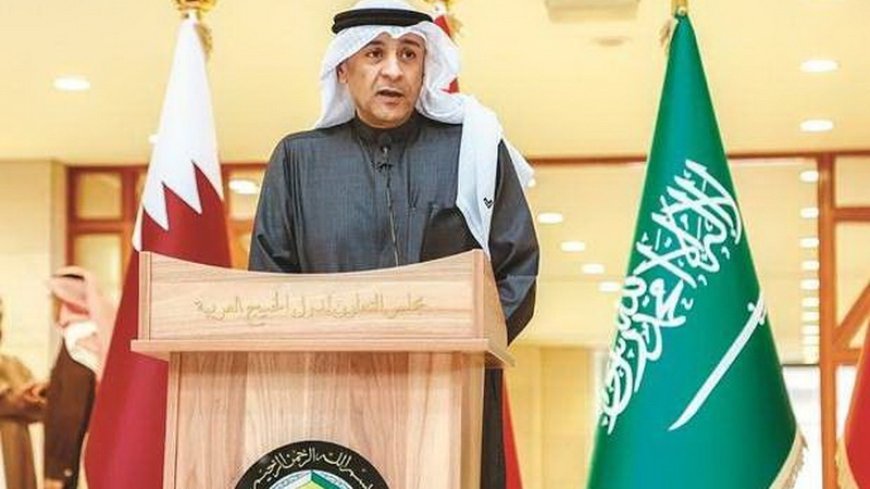Thoughtful new developments in Yemen
Thoughtful new developments in Yemen

The Gulf Cooperation Council secretary-general's first visit to Aden instead of Sanaa raised questions about the purpose of the trip. Gulf Cooperation Council Secretary Jassim Mohammad al-Badawi traveled to Yemen on Thursday for the first time since the start of the Yemen war, eight years later, and was received by the Presidential Council. The Yemeni Presidential Council, led by Rashad al-Alimi, is a Riyadh-affiliated organization that took over the government of Mansour Hadi in a coup-like event on April 7, 2022. The trip comes as Saudi Arabia is implementing a project known as Yemen's Governorate Empowerment, which itself comes with questions. Saudi Arabia reportedly intends to strengthen its economic engagement with provinces not under Ansarullah's control, supporting the so-called "Empowering Yemeni Provinces" plan.
The plan, which is on the verge of implementation under the title of empowering local authorities, also looked at existing restrictions in various regions; According to this plan, when it comes to generating income from local resources, not only fossil resources are taken into account; rather, coastal provinces will be able to create jobs and earn money through fishing, and some provinces through agriculture. The first principles of this plan, which control the initial funding, the cooperation of government agencies and the encouragement of the private sector to cooperate with local authorities, after implementation in three governorates, if they are successful, they will be implemented in all governorates of Yemen, and according to the authors of this plan, eventually, Yemen will be governed like America.
This plan is reminiscent of the plan proposed before the start of the war in Yemen, and the resistance and opposition of the revolutionaries to it served as the basis for the military aggression of the Saudi coalition. The presentation of this plan and its coincidence with the first visit of the Secretary General of the Gulf Cooperation Council to Aden instead of Sanaa was accompanied by a number of other events, each of which may reveal part of the undeclared goals of these movements: First, despite the political openness in relations between Iran and Saudi Arabia Arabia, there is still no possibility of a political solution to the Yemen crisis and it seems that in the case of the Yemen crisis, there has not been any significant progress in the last three months and the only tangible progress is related to the issue of the oil carrier Safar, the fuel inside of which was finally drained.
Although last April, two delegations from Saudi Arabia and Oman began negotiations with Ansarullah leaders in Sanaa, which lasted 6 days and considered ways to extend the ceasefire and establish peace in Yemen, but so far this has not brought any concrete results. Second, America's role in the war in Yemen has become a reality, and in recent weeks the Yemen Government of National Salvation, led by Ansarullah, has repeatedly warned against US military movements on the coasts of that country, as well as within it, and after increasing warnings from Yemen Government of National Salvation officials about suspicious movements by the United States, the country's parliament issued a statement in which it strongly condemned the suspicious military movements of the United States in the eastern and southern provinces and the entry of American soldiers into a number of schools in the Hadhramaut province in eastern Yemen and noted that the warnings of the leader of the Ansarullah movement, Seyyed Abdul Malik Badreddin al-Houthi and the head of the Supreme Political Council of Yemen, Mahdi al-Mashat, were very serious, and ignoring the fair and legitimate demands of the Yemeni people and preventing their implementation, especially in a situation where Yemen has sufficient will and strength, allows this country to regain its legitimate rights.
Third, evidence suggests that the US has once again put escalating collective punishment of the Yemeni people on its agenda, due to the Yemeni National Salvation Government's resistance to that country's demands and despite the enormous need for food aid by millions of Yemenis, putting pressure on the World War II food program so that it would cut aid.













































